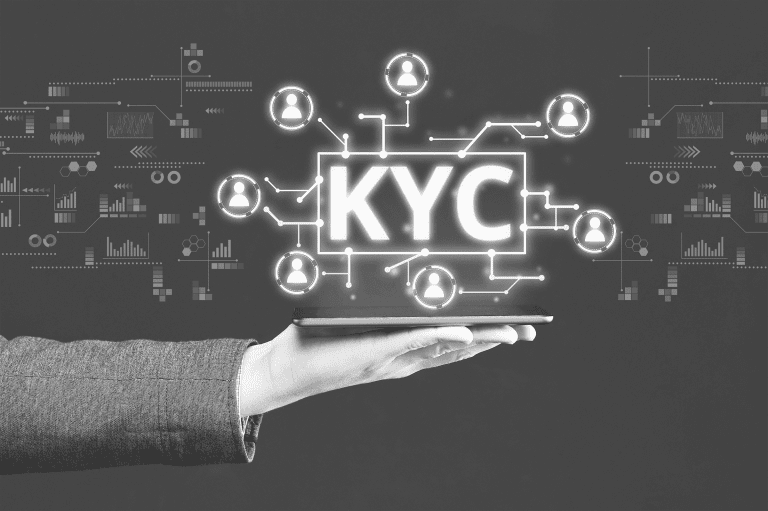Blog
Other service activitiesSouth Africa
Fighting Corruption, Money Laundering And Terrorist Funding
Murky ownership details give crooks places to hide Companies profiled by Who Owns Whom researchers are allocated a transparency rating based on their willingness to disclose information about themselves, from 1 (opaque) to 10 (fully transparent). Of the 15,241 active companies on file, 32.76% scored above 6. While this is a material percentage, it indicates that we still have some way to go to convince our business community that transparency is more conducive to a functional society than secrecy.
Nigeria
Nigeria Snapshot
Economic growth in Nigeria, the most populous country in Africa, remains slow and way off the overly-optimistic expectations of its 2017 economic recovery and growth plan. The country, which is negotiating World Bank funding in the region of US$2.5bn, the second tranche in as many years, remains highly dependent on agriculture and oil, which played into its languid GDP growth of 1.94% in the quarter to June, from 2.1% and 2.46% in the previous two quarters.
Mozambique
Mozambique Snapshot
There are causes for optimism about Mozambique’s political and economic future due partly to a recent peace accord with opposition Renamo ahead of the country’s October election and partly to the announcement of several major projects following the discovery of huge deposits of natural gas. African Development Bank figures show Mozambique’s GDP growth was 3.5% in 2018, down sharply from the average of 7% from 2004 to 2015, mainly because of the steep decline in public and foreign investment.
Zambia
Zambia Snapshot
Zambia’s economy is holding steady despite the massive drop in agricultural output in 2018. But political and economic challenges weigh heavily on the country. World Bank figures estimated Zambia’s 2018 GDP growth at 3.5% while the African Development Bank estimated economic growth at 4.0% in 2018, compared with 4.1% in 2017. It said that agricultural output fell more than 35% in 2018 due to poor rainfall, although copper production and construction contributed positively to growth.
Other service activitiesSouth Africa
Corporate Citizenship
How are we going to uplift the unacceptable levels of vulnerable people in our society? The Black Economic Empowerment (BEE) policy was designed to redress the economic imbalance caused by...
Other service activitiesSouth Africa
Know Your Client
The global fight against corruption, money laundering and terrorist funding activities has seen the obligation to ‘know your client’ become an inexorable international trend, which has been brought even closer to home with the Gupta, VBS, Steinhoff and Bosasa delinquencies. To bring South Africa in line with international efforts and to meet our commitments to the G20 in this regard, government promulgated The Financial Intelligence Centre Act (Fica) of 2001 (amended in 2017) to create the Financial Intelligence Centre, which has become one of the most effective institutions fighting corruption and crime in our society.
Malawi
Malawi Snapshot
Economic growth forecasts remain high for Malawi despite extreme poverty, food insecurity and recent protests over its May elections. President Peter Mutharika, voted in by a small margin in the election, which protesters across Lilongwe and Blantyre say was rigged, said in his state of the nation address that economic growth would reach 5% in 2019 on the back of higher agricultural production and growth in mining, ICT, and financial services.
Other service activitiesSouth Africa
Department of Public Enterprises Should Be Planning its Own Demise
An opinion piece by Who Owns Whom’s MD, Andrew McGregor, looks at the unintended impact of giving a single minister control of the largest state-owned entities (SOEs) back in 1999....










